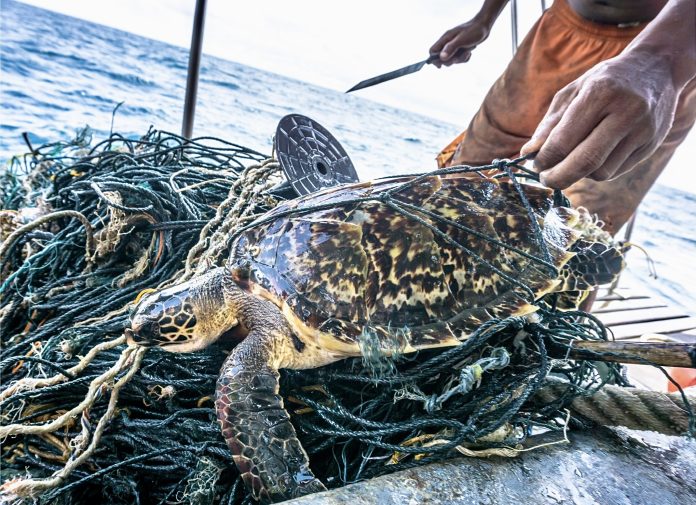
Legal Action Taken Against U.S. Federal Officials To Protect Marine Mammals From Being Killed As Bycatch
You can help all animals and our planet by choosing compassion on your plate and in your glass. #GoVeg

You can help all animals and our planet by choosing compassion on your plate and in your glass. #GoVeg